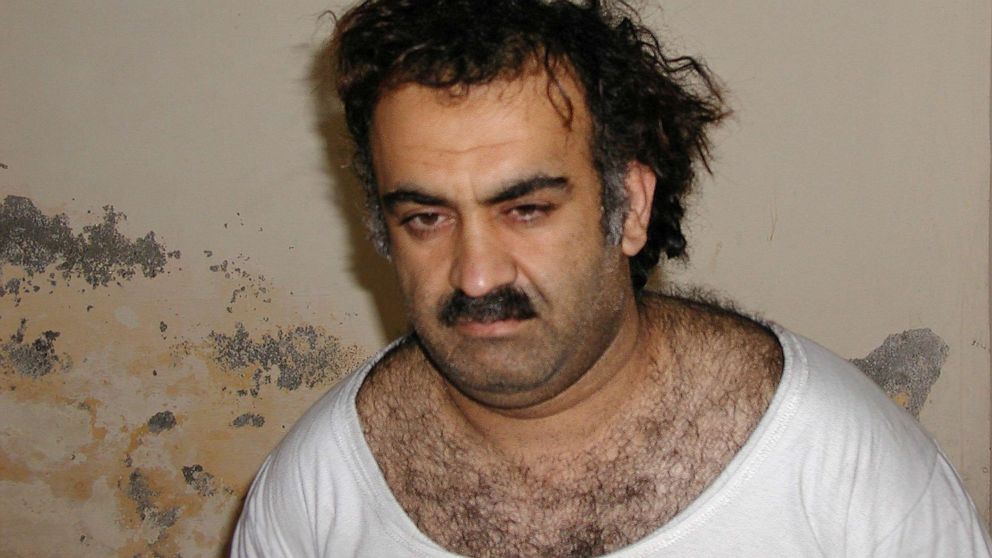
20 years later, legal case against accused 9/11 mastermind grinds on
ABC News
The day before the 20th anniversary of the 9/11 terrorist attacks, a pretrial hearing against five accused orchestrators was held Friday with none of them present.
Hours before the 20th anniversary of the 9/11 terrorist attacks, pretrial proceedings in the case against the five accused orchestrators started and ended on Friday with none of them present in the courtroom for the final public session of the week – while multiple defense teams raised formal objections against the judge continuing to preside over the military commission. Khalid Sheikh Mohammed, the self-proclaimed mastermind of the attacks, had been present during public sessions of the proceedings on Tuesday and Wednesday this week, even taking the rare moment out of his detention cell to wave at reporters in the public gallery in the courtroom. But he and his co-defendants surprised reporters Friday by skipping the final public portion of the commission before the world recognizes the solemn commemoration on Saturday. An assistant staff judge advocate, identified only by a pseudonym "Pa," testified to their absence and provided signatures acknowledging their "voluntary" decision not to attend. James Connell, defense counsel for Ali Abdul Aziz Ali, aka Ammar al-Baluchi, attempted to have the military witness identify himself, but the government objected, insisting the testimony should proceed anonymously and was within the regulations of the military commission and not a violation of the Sixth Amendment. Connell’s complaint was less about identifying this particular witness on the record, and more about expressing his continuing objection to the government’s use of unnamed witnesses. The interaction illustrated not only the tedious nature of the pretrial proceedings where nearly every action warrants deliberation, but it also revealed another unusual aspect of this case: the defense does not have access to their own clients -- even when the court is in session – unless the accused actually attend the hearings.More Related News
